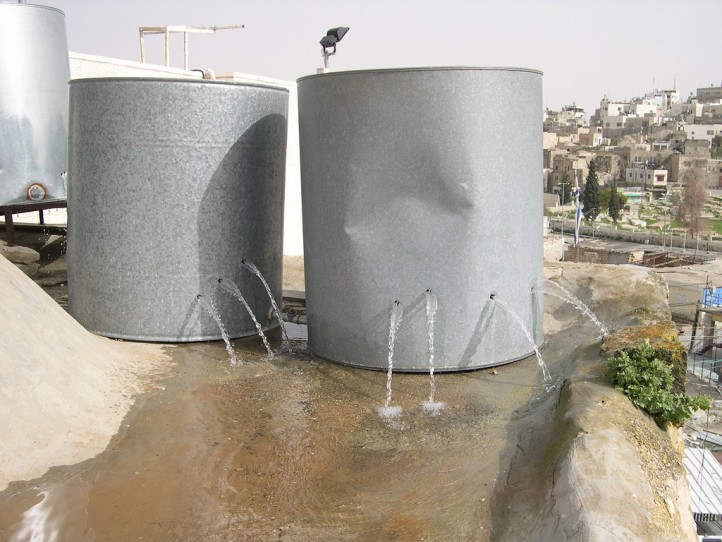Tag: World Bank
-

Rivers of Dust: The Future of Water and the Middle East
—
by
Palestinian water tanks vandalized by Israeli settlers in Hebron. (Photo: ISM Palestine / Flickr) It is written that “Enannatum, ruler of Lagash,” slew “60 soldiers” from Umma. The battle between the two ancient city states took place 4,500 years ago near where the great Tigris and Euphrates rivers come together in what is today…
-
Between Sacred Waters and Natural Capital: Resistance to Hydroelectric Dams in Mongolia
—
by
Mongolia’s Action Plan for Implementation of the Green Development Policy … The Green Development Policy also presents hydroelectric development as the next step for Mongolia to transition from fossil fuels. The Selenge River is considered a transboundary body of water under UN protocol. Originating in northern Mongolia, the Selenge River has Ramsar protected wetland status…
-
Progressives Should Support Open Borders — With No Apology
—
by
A genuine call for open borders is virtually absent from the debate between the White House and Capitol Hill, where the question has been not whether to militarize the border, but merely how many billions of dollars should be devoted to “border security,” or what specific physical infrastructure it should buy.
-
India: The State of Independence. British Colonialism Replaced by a New Hegemony
—
by
India celebrates its independence from Britain on 15 August. However, the system of British colonial dominance has been replaced by a new hegemony based on the systemic rule of transnational capital, enforced by global institutions like the World Bank and WTO. At the same time, global agribusiness corporations are stepping into the boots of the…
-
When Will Co-opted Figures and Board Members of Companies Like Monsanto and Bayer Be Hauled into Court?
—
by
The public is being poisoned, disease rates are spiralling, waterways are contaminated, soil is being degraded, insects, birds, invertebrates and plant diversity are in dramatic decline. Humanity and the planet are being poisoned for profit. We are experiencing an assault on life by the agrotoxins industry, which is in fact contributing to a sixth mass extinction. Armed with…

